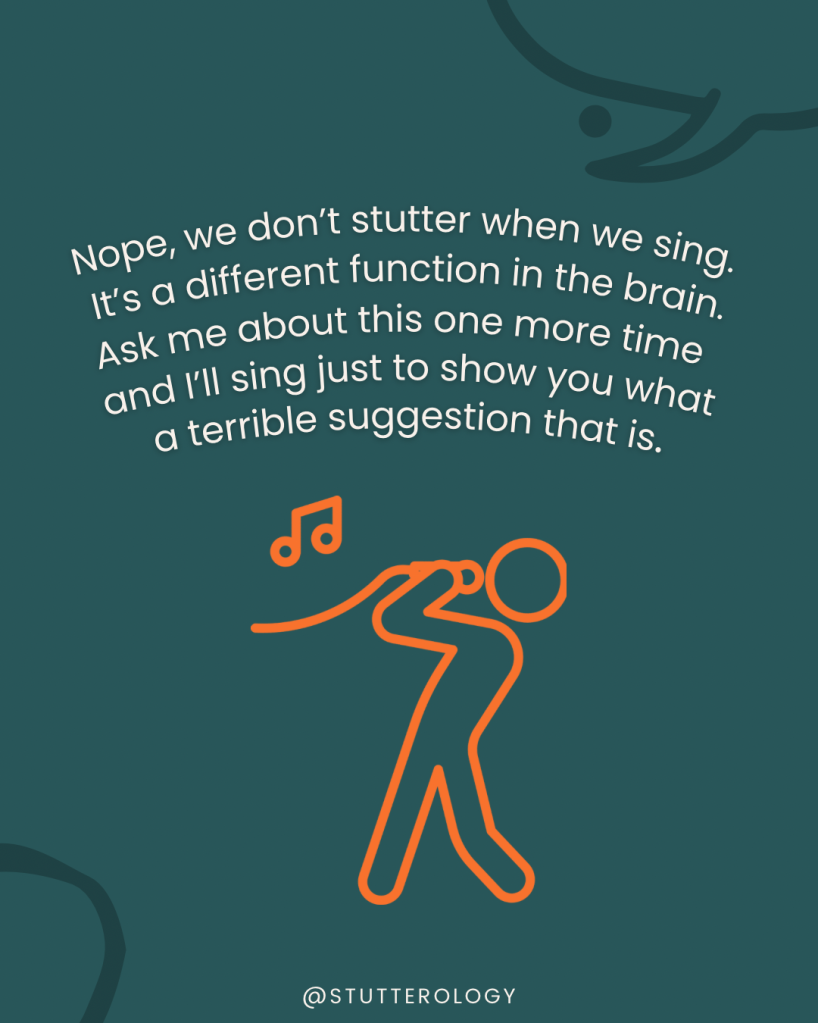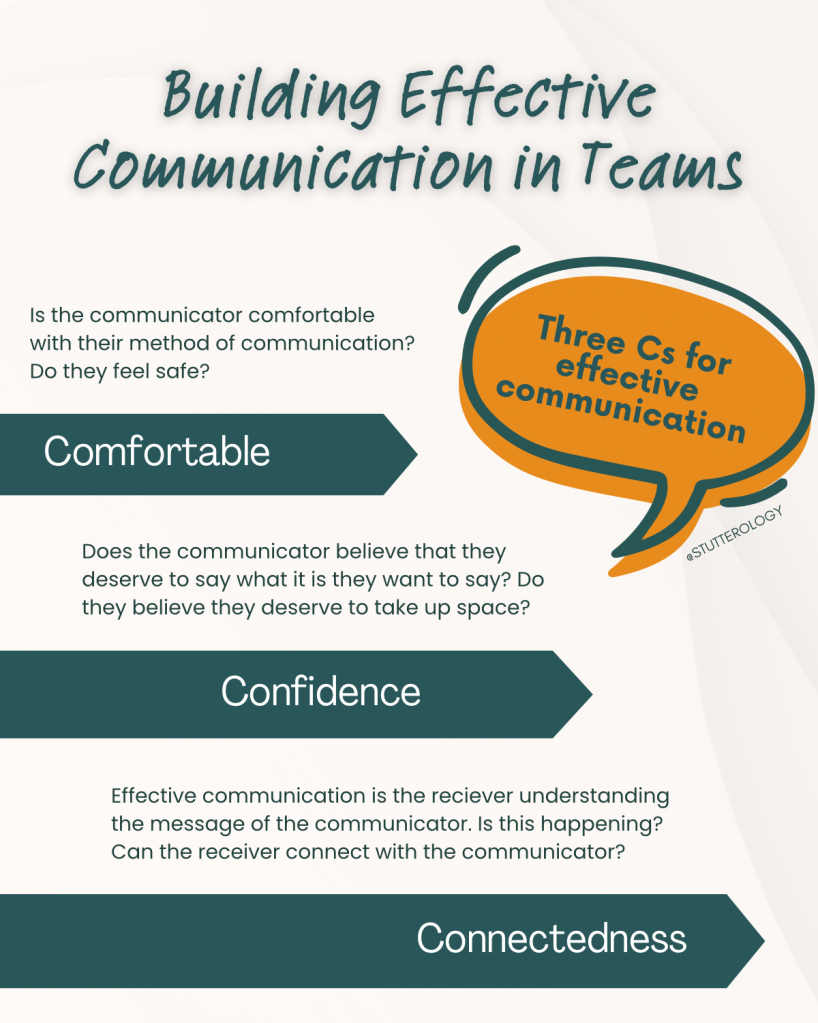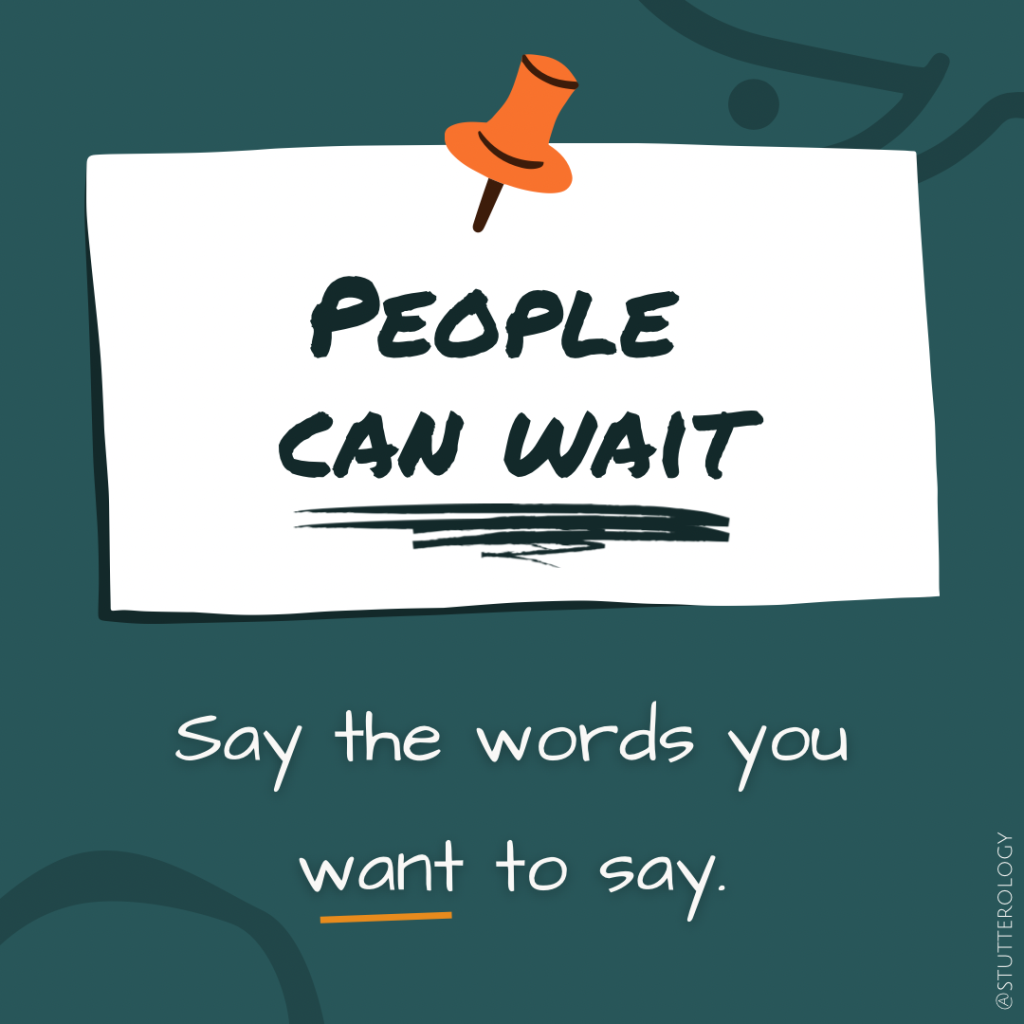 If the words, “Why me, God/Universe/Higher Power?” sound familiar to you, then you are who I want to speak to today. The funny thing about this question is that you don’t have to be a Christian to say these words. You don’t have to be religious at all. You also don’t have to have a speech impediment. Maybe there’s some other affliction you have, some different thorn in your side.
If the words, “Why me, God/Universe/Higher Power?” sound familiar to you, then you are who I want to speak to today. The funny thing about this question is that you don’t have to be a Christian to say these words. You don’t have to be religious at all. You also don’t have to have a speech impediment. Maybe there’s some other affliction you have, some different thorn in your side.
I’ve tried to write this blog a dozen times at least. How do I combine two major aspects of my life into a blog that anyone can relate to? I’m not sure I can. What Christians in my life care about how stuttering affects my faith? And how many stutterers out there care about how my faith ties into all of this? (The latter audience MAY exist, though small.) I could write a series on this topic, but how do I know anyone will care?
When the truth of it is… there are problems in this world that we need to blame something for. Maybe you blame the universe, perhaps genetics (and you may be correct, they don’t really know with stutters, and that’s the problem), and maybe God. I feel confident than any Christian with a stutter has been pissed off at God. I could go as far as say people who aren’t Christians could be mad at their Higher Power, or even AT the idea of a Creator, for cursing them with such a horrid impediment.
If you’ve read any of my posts before, you know I no longer find stuttering to be a horrid impediment. But it hasn’t always been this way. In fact, it hasn’t been this way for very long at all. It was around March 2013 that I first heard someone else (see my highly referenced friend Morgan’s thisisstuttering self-made film) say the words I was so afraid to say outloud. “What the HECK did I do to deserve this? Why me? Why, of all people, do I have this stupid speech impediment?”
One of the first times I ever spoke about my frustrations with stuttering was around a campfire during church high school camp. I still remember it so clearly as we spoke about challenges for the next school year. I was afraid that I would have difficultly making friends because of my stutter. I was afraid to BE AFRAID of my stutter. I just wanted fluency. Please, my Christian friends, pray for fluency. (Either no one prayed or their prayers didn’t work because HERE I AM, hahaha.)
I still remember the replies. One girl told me that she was thankful I stuttered (?) because I would otherwise be perfect, and it was comforting to know that I was not. (???) Okay. I mean that’s cool. And honest. Nice. Not very comforting though. Another guy stood up and told me what is probably my LEAST favorite comment to this day from a Christian: “Moses stuttered, and look at what he did!” Like sure OK, but Moses was a big baby about it and I plan to talk more about that another day. If those words are comforting to people — that a religious figure overcame their fear in whatever way worked best, and that their Higher Power still used them— that’s GREAT. It was not for a 16 year old high school girl that was still trying to figure out how to break up with her boyfriend. It just wasn’t relevant to me. I didn’t need God to make the ocean part and free his people under my tongue: I just wanted to say my name without a bunch of bumbling Js all over the place. Really, I’m not asking for much here guys.
Many pivotal moments of my life that I remember to this day are moments where I realized what I wanted and how it seemed like I was created (Creator, universe, etc) did not line up, and I chose to act in how I believe I was created. Instead of taking Speech and Debate when I was 14 as a extra after-school class, I decided not to. Because maybe I wasn’t made that way, with my stutter and all. Instead of putting “Drama 1” on the top of my elective choice like I wanted, I put “Spanish 1” because, well, it made more sense. I figured if God really wanted me to do these things, He’d force it to happen. He didn’t. Yet I still remember those decisions.
By the time I picked out my college major, it was hardly an issue anymore. It was so engrained in me to limit myself in this area, that a Communications major, or a Theology major (to be a pastor) wasn’t an option. Everyone praised my ability to work with numbers, and I knew I understood business at a basic level, so I picked Accounting. I picked what made sense based upon what I “seemed” to be built for.
Faith never came into play in these situations. I read God through how I saw myself. He gave me this stutter. Me, this once outgoing socialite who’d play pretend by standing on the “stage” at Church and pretending that I could preach (but not only do I stutter, but I’m also a woman… and many churches says NO). Me, this high school junior whose aptitude test results said that my biggest interest was “Public Speaking” and I cried because it was right, and it wasn’t fair. Me, this… this stutterer.
So I was angry. I was angry at myself because I wasn’t good enough to make it go away. If I wasn’t good enough to be fluent, then how could I be good enough to do anything else? Why did God hate me? Did he make me this way because I would have been a prideful brat and a stutter kept me humble? Ok, God, GOT THE LESSON. Fix me now, please? Yet he didn’t. Over and over, no one took my stutter away.
There was a battle: my stuttering reality VS me loving God. Both worlds could not exist as far as I was concerned. So I pretended my stutter would go away. It didn’t exist. Until the day I watched thisisstuttering and heard someone say, “I hate my stutter, but I’m thankful for it. I hate it. But I thank God for it.”
I rewatched thisistuttering recently and it put me in awe how far I had come. The words he spoke no longer felt familiar. I love my stutter (usually), I love who it has made me become (usually), and I am thankful for it truly (…um, usually). I no longer hate my stutter (you get the pattern, but just in case: usually).
But if you do hate something in your life that afflicts you: it’s OK to admit that. In fact, it may be best to admit it. Be angry at whatever higher power you have. Be angry at the universe. But say it outloud. Let it resonate in your bones. I’ve learned that anger and hurt like this doesn’t usually go away until you face it head on, until you admit to yourself that it’s there.
Then begin the process of finding the good. For me, this looked like community. It absolutely and completely was about finding people who could relate: finding other stutterers. As I started to love them and see them as whole and rounded people, I started to see myself in a similar fashion. I think it tends to be highly effective, but maybe there are other ways too.
What do you think? Have you been angry at God or something else? Is your anger at another person? Or maybe at yourself? How have you started the process of being grateful for the things in your life that you hate, often the things you cannot control or change? The afflictions that do not go away? How do you make sense of it all?
What started you on the process of hating this “affliction”—and perhaps it truly is an affliction— a little less?
Am I alone in this, or are you with me?














